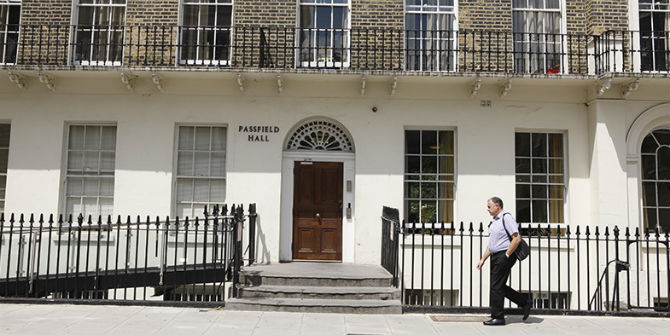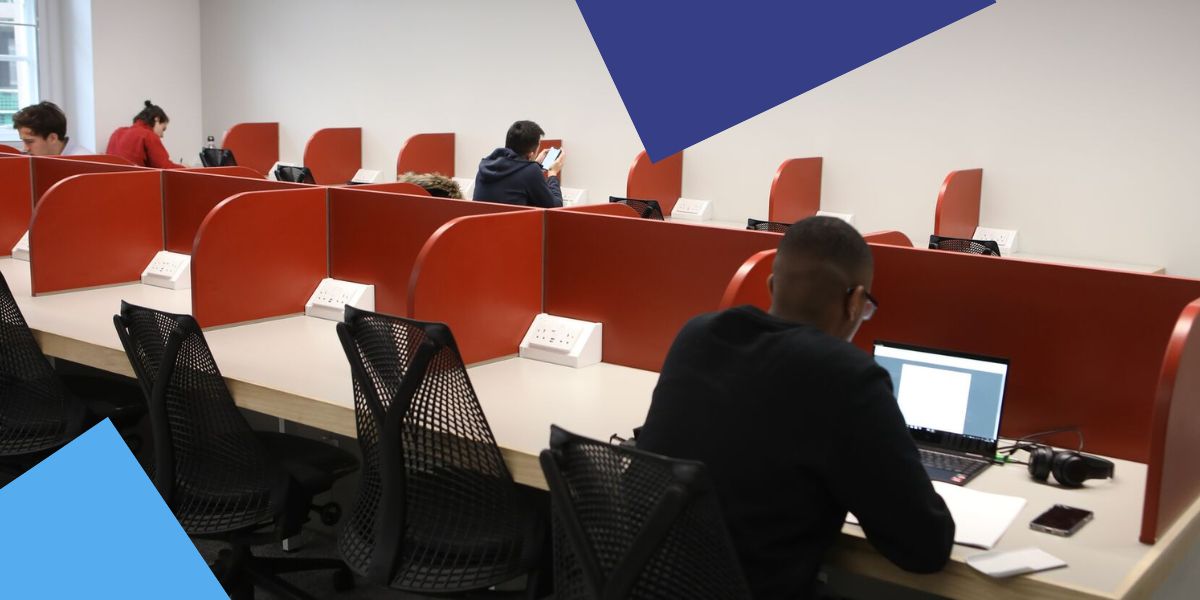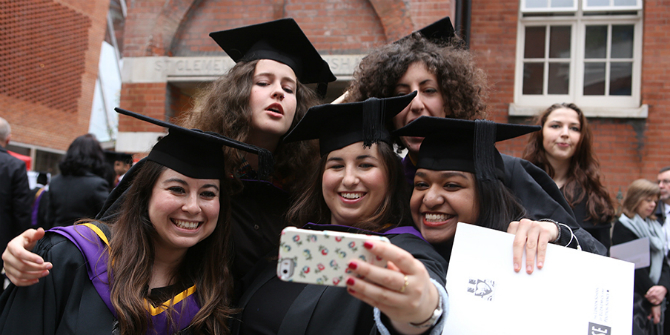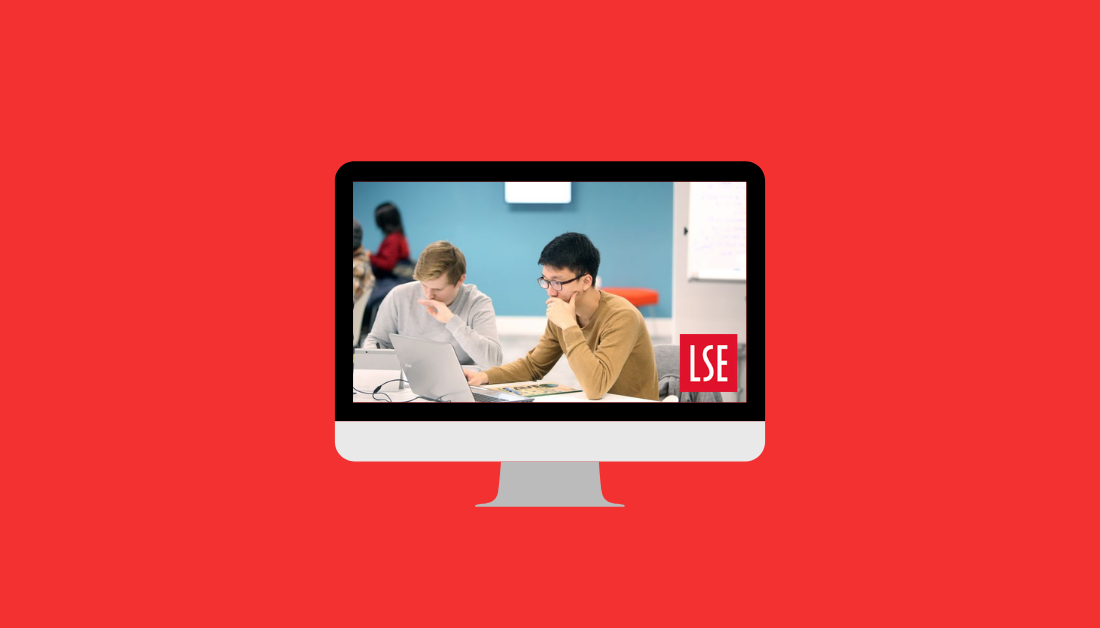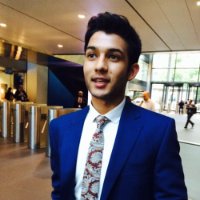
I am writing this account of my time at LSE as I approach graduation and, more worryingly, with my final exams looming. Perhaps no amount of education can cure one of the tendency to procrastinate. My three years at LSE have certainly given me a lot to write about and I will do my best to abridge what can only be described as the most formative years of a life.
To say that the University broadens your horizons understates the extent to which LSE exposes you to experiences that engage, stretch and develop you. Upon arriving as a first year, within my first week, I was sitting in a packed theatre listening to Kofi Annan reminisce about his career and subsequently face a robust questioning of his a time as Secretary General. In the same week, I attended a lecture discussing Rumi’s thoughts on personal development. The catalogue of public figures and academics that LSE attracts is testament to its status as an institution that consistently informs and shapes public debate. However, this article won’t concern itself too much with the breadth and depth of LSE’s events; this information can all be found on the website. What has really prompted me to write about this article is the sheer variety of activity at the school.
As with most students, my first exposure to extra-curricular life came with the Freshers’ Fair. What struck me was not only the plethora of societies to join, but also the diversity amongst them. The two largest crowds had gathered around the Marxist Society stand and also the Finance Society, which is designed to help students land jobs in banking and other financial services. In fact, as I type, a main hall is being occupied by protesters who are demanding free education whilst the walls of the same building are covered with posters promoting an event about Hayek’s “Road to Serfdom.” This vibrancy is truly unique and one of the greatest things about the place.
I’ve had the chance to get involved with a lot of activities, all of which have helped shape me as a person. Probably the most formative experience was my involvement with the Economics Society. It seemed only natural that upon coming to The London School of Economics and Political Science I would join the Economics society, which is perhaps the most prestigious and broad in terms of the activities it offers. The society was extremely prevalent in student life; it has its own quarterly magazine, holds academic events, funds research for postgraduate students, holds career events, tutors undergraduates and on top of all that hosts an annual conference which is attended by hundreds of students from prominent institutions around the world. I was lucky enough to be elected as the President of the Economics Society in my first year and had a great time overseeing its progress for the following 12 months. This position was extremely rewarding and allowed me to develop a lot of transferrable skills which I’ve been able to put to use elsewhere.
I was also fortunate to be elected as a Trustee of the Students’ Union during my second term. The LSE Students’ Union is one of the most active Students’ Unions in the UK. It’s extremely dynamic and is at the forefront of student activism. I’m sure residents of the Holborn area can attest to this due to the numerous noisy demonstrations taking place on Houghton Street every so often. I feel that there’s a pervasive sense of gratitude about the opportunity to study here, and this is reflected in the emphasis on giving back to society. In this spirit, I was able to climb Mt. Kilimanjaro with 24 other LSE students last summer in order to raise funds for schools in Tanzania. The trip was organised by Raising and Giving (RAG), the main charity organisation at LSE which fundraises throughout the year and organises numerous events which hundreds of students get involved in. I have highlighted some of the larger clubs but you can get involved in many things ranging from the hummus society to snowboarding.
LSE is probably best known for the career opportunities it offers students. In my three years here, I don’t think there’s been a week where some employer or another hasn’t been on campus, and they often come bearing gifts. Student societies and the School itself are able to attract the biggest names across multiple industries. In one week it’s not uncommon to have multinational NGOs, bulge bracket banks, magic circle law firms and accountancy firms on campus selling their placements or graduate schemes. Personally, I’ve benefitted a great deal from this atmosphere, having experienced several schemes in various industries, ranging from a summer internship at an investment bank to a vacation scheme at a human rights law firm – all of which has allowed me to make the best career decision going forward.
One instance where LSE’s reputation really did become apparent for me was when I was travelling in California with my brother and I went on a hike in Yosemite National Park with a tour group. As I got talking to one of my fellow hikers, we exchanged brief details and it turned out that he was the global head of human resources at a large investment firm based in Hong Kong. Upon learning that I attended LSE he described an internship opening in Kuala Lumpur and asked if I’d be interested in the position. As my friends will vouch for, I can assure you it was the institution rather than the individual which led to the invitation in this case. Many doors will open for you while at LSE and I’m sure many others have similar stories to relay.
It seems odd that I’ve written so much but haven’t even mentioned the educational aspect of this educational institution. It is a great experience being lectured by the very individuals who have written the textbooks you study from. LSE is a place full of world-renowned academics. Whatever stage you are at, from the moment you start as a first year, or as you write your PhD thesis, there will be a degree of exposure to world leading academics. It is really quite inspiring being amongst people who dictate public debate and often advise governments on how to act. There is also a great sense of history when you consider the academics that studied and taught at LSE who are still shaping syllabi across the globe.
Of course, I can only speak for myself, but I’ve had a wonderful time and the only regrets I have are the things I haven’t had the chance to do. So if this little snapshot of life at LSE goes any distance towards convincing you to apply to the institution, I’m sure you won’t regret it.
Mustafaen Kamal Class of 2015


